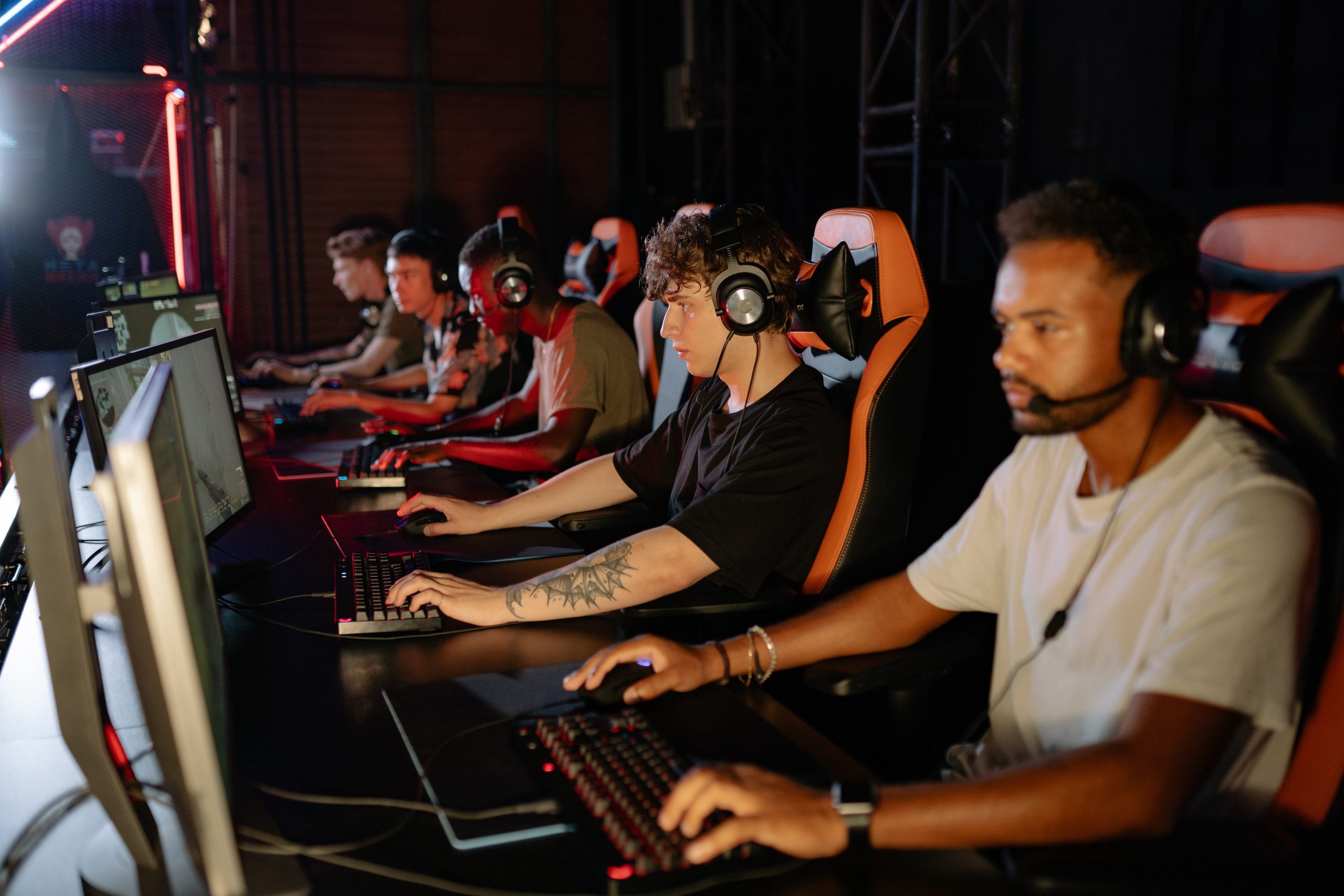Gaming has become a global phenomenon, with millions of people of all ages, genders, and backgrounds participating in online communities and forming connections over shared interests. Video games have created a new form of socialization, providing people with a sense of belonging and identity within virtual worlds. With the rise of online gaming and esports, the gaming community has grown even more diverse and connected than ever before. But what makes gaming communities so important, and how do they affect the overall gaming experience?
One of the most significant aspects of gaming communities is the sense of camaraderie they create. Players from all over the world can come together and connect over a shared passion for games, forming lasting friendships and relationships. These communities can provide a safe space for gamers to express themselves and share their experiences without fear of judgement. They can also be a source of support for players struggling with mental health issues or other challenges in their lives.
In addition to fostering connections between players, gaming communities can also have a significant impact on the gaming experience itself. Many games are designed with community features in mind, such as multiplayer modes or chat functions, allowing players to work together and strategize in real-time. These features not only enhance the gameplay but also provide a social element to the game, making it more enjoyable and engaging for players.
The gaming community can also play a vital role in shaping the industry itself. Gamers are passionate and vocal about their opinions, and their feedback can influence the development of future games. Community-driven initiatives such as online forums, fan websites, and social media groups can provide developers with valuable feedback on gameplay mechanics, narrative elements, and other aspects of game design. In turn, developers can use this feedback to create more engaging and immersive gaming experiences for players.
However, gaming communities are not without their challenges. Online toxicity and harassment have become increasingly prevalent in gaming spaces, with many players experiencing abuse or discrimination based on their gender, race, or other characteristics. This toxic behavior can have a significant impact on players’ mental health and well-being, leading some to avoid certain games or online communities altogether.
To combat these issues, many gaming communities have developed codes of conduct and moderation policies to ensure that players are held accountable for their actions. Some game developers have also taken steps to promote inclusivity and diversity in their games, such as creating more diverse characters or incorporating storylines that explore social issues.
Ultimately, the gaming community is a vital aspect of the gaming industry, providing players with a sense of belonging and connection to others who share their passion for games. As the industry continues to grow and evolve, it is essential that gaming communities remain inclusive and welcoming to players of all backgrounds and experiences. By fostering a sense of community and promoting positive interactions between players, the gaming industry can continue to thrive and provide an enjoyable and engaging experience for all.




